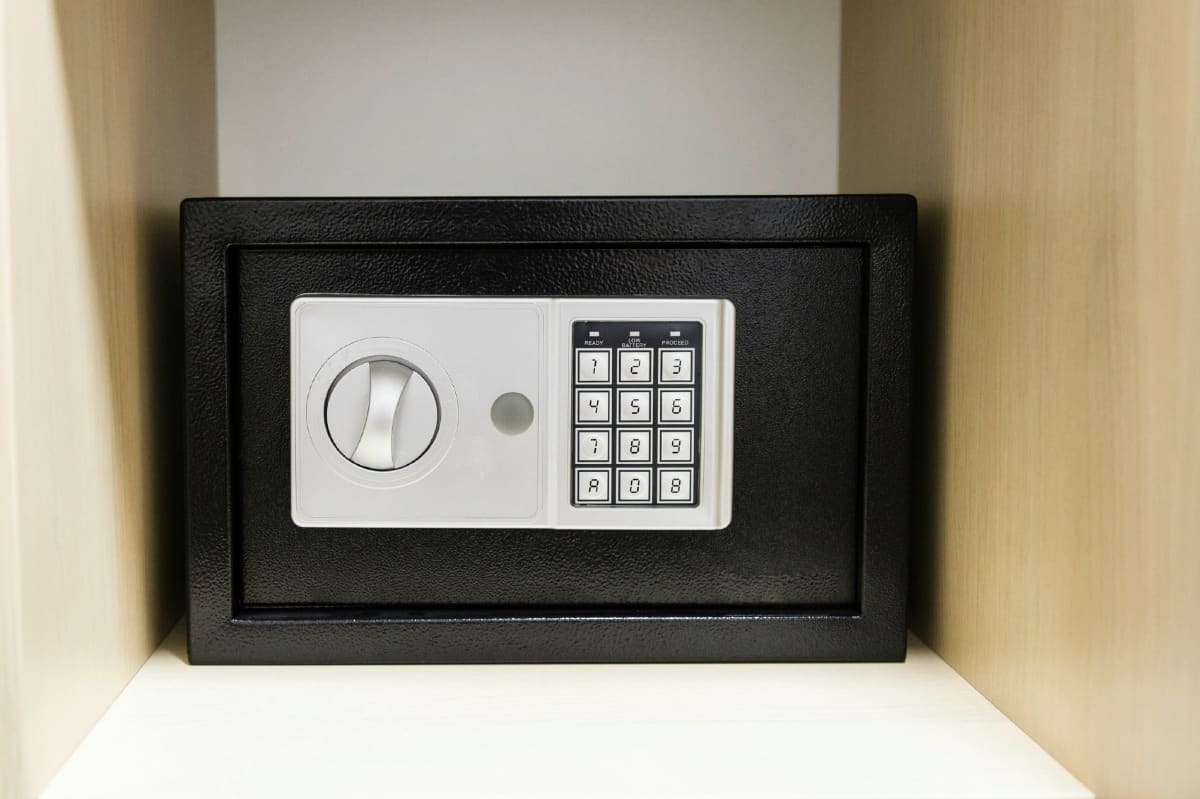
A home safe helps protect your valuables from theft and can protect your most important items against environmental hazards like fire, flooding and other natural disasters. A safe can also help secure potentially dangerous items like weapons and prescription medications, keeping your family members protected from accidental harm. If you don’t have a home safe, now may be the time to get one.
Here’s how to choose the best safe for your needs — and what to store in it.
Tips for Choosing a Home Safe
There are many quality home safes on the market. If you’re overwhelmed by the options, here are a few tips to help you find the best one for your needs.
- Choose a safe that’s slightly bigger than you think you need. Over time, you’re likely to find additional items you will want to secure in it.
- To help protect your things from fire damage, your safe should have a fire rating of at least one hour.
- In addition to fire, your safe should also protect your items from water damage. For extra protection, you can also place your sensitive items in a waterproof bag before storing them in your safe.
- Research the safe’s cash rating, which is an indication of how burglar-resistant it is. Typically, a higher cash rating means the safe is more secure.
- Safes that are bolted down or set in a wall are more difficult for burglars to remove from your home, but you won’t be able to carry them with you in an emergency. Weigh the pros and cons of each type of safe before deciding on a purchase.
- If you own firearms, they should be stored in a safe designed especially for this purpose.
Items That Should Be Stored In a Safe
Once you’ve decided on the features that best fit your needs, consider the following items that should always be kept in a safe location.
1. Cash
Having cash on hand is certainly convenient and practical: a national emergency or major catastrophe, for example, could limit your ability to withdraw money or use your credit or debit cards. However, keeping cash at home also makes it vulnerable to damage and theft. Cash ranks high on a burglar’s most-wanted list — and professionals are familiar with the places cash is often stashed, like under the mattress or in a sock drawer. To help ensure your money is there when you need it, place your hard-earned dollars in a waterproof bag and secure it in a home security safe.
2. Jewelry
Jewelry is the second-most common item stolen during a break-in. But that’s not the only reason you should store your jewelry in a safe—doing so is also a good way to ensure it doesn’t get lost or misplaced inside your home. Be sure to take pictures of your jewelry and have expensive pieces appraised. Keep a copy of this documentation in your safe as well so you’ll know where to find it if you ever need it for your insurance provider.
3. Firearms
Burglars like to steal guns—and when they do, the firearms are rarely recovered. In fact, according to the most recent FBI Crime Report, less than 10 percent of the more than 100 million firearms that were stolen in 2014 were returned to their owners. It is also imperative that guns and other weapons be inaccessible to children at all times. According to Everytown Research, there were at least 278 accidental child shootings in 2015. For safety and security’s sake, firearms, knives and other weapons should always be stored in a safe when they are not in use. Ammunition should be securely stored in a separate location.
4. Prescription Medications
Storing your prescription drugs in a safe helps ensure they won’t be accidently ingested or misused by a family member, guest or criminal. According to the National Institute of Drug Abuse, 52 million people in the United States over the age of 12 have abused prescription drugs—and more than 16 percent of prescription drugs are bought or taken from a friend or relative. Keep a week’s worth of your prescription medications in a pill dispenser and lock up the rest in a safe. Doing so will help keep them out of the hands of those they don’t belong to. Be sure to properly dispose of all expired and unused medications. Consult your physician or local pharmacy for the best way to dispose of your medications.
5. Digital Media
Keep original documents and important paperwork in your home safe and store copies on an external hard drive, CD or USB flash drive. Lock these devices in the safe, too, to protect them from environmental damage and to secure them against criminals. For insurance purposes, consider adding digital copies of pictures and video from your home inventory to your safe as well.
6. Documents Containing Personally Identifiable Information (PII)
A 2015 identity fraud study reveals that, in the U.S. the previous year, there were 30 new identify fraud victims every minute. Along with being vigilant about your online security, you need to take precautions to protect your personal information at home. Documents with PII—information that can be used to identify you—should always be stored in a safe. This includes items such as birth and death certificates, marriage and divorce papers, passports and Social Security cards. Other PII paperwork should be shredded when no longer needed.
7. Financial Papers
Paperwork related to your income, including taxes and outstanding debts, should be stored in a safe. You should also store stock and bond certificates, as well as deeds and titles, in your safe, as these can be difficult and time-consuming to replace. Seal these papers in a waterproof bag for extra protection. If you’re ever displaced from your home by a natural disaster, you may need this information to request assistance from government disaster relief programs.
8. Insurance Policies
During an emergency, you won’t have time to search for your insurance information. Make sure to store your homeowners policy as well as any other insurance policies in a safe so they are easily accessible. Keep your agent’s contact information in the safe as well. These documents will come in handy if you need to file a claim.
9. Safety Deposit Box Keys
Due to their small size, safety deposit box keys are especially easy to misplace. People often carry them on their key ring—but that’s not a good idea either, as they can be easily lost or stolen. The best place to keep your safety deposit box key is inside a safe. In fact, this is the ideal spot for all keys you don’t use on a daily basis, including spare car keys, extra house keys and keys to recreational vehicles.
10. Sentimental Items
Irreplaceable items and family heirlooms, whether they have any monetary value or not, should be protected in a safe. When shopping for a home safe, keep in mind the size of the sentimental items you want to place in it and buy accordingly.
A home safe can serve many purposes, and you don’t have to break the bank to buy one. Do you own a safe? If so, what items do you store in it?




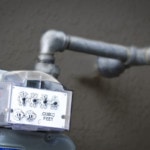


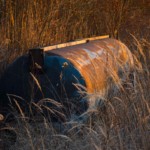

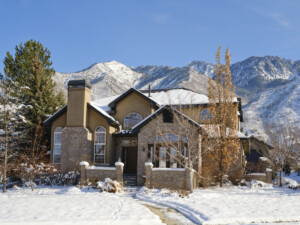

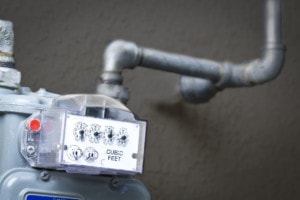


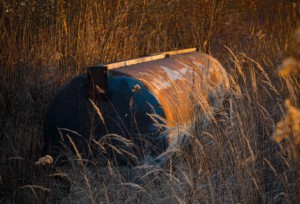
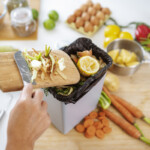











 United States
United States Canada
Canada